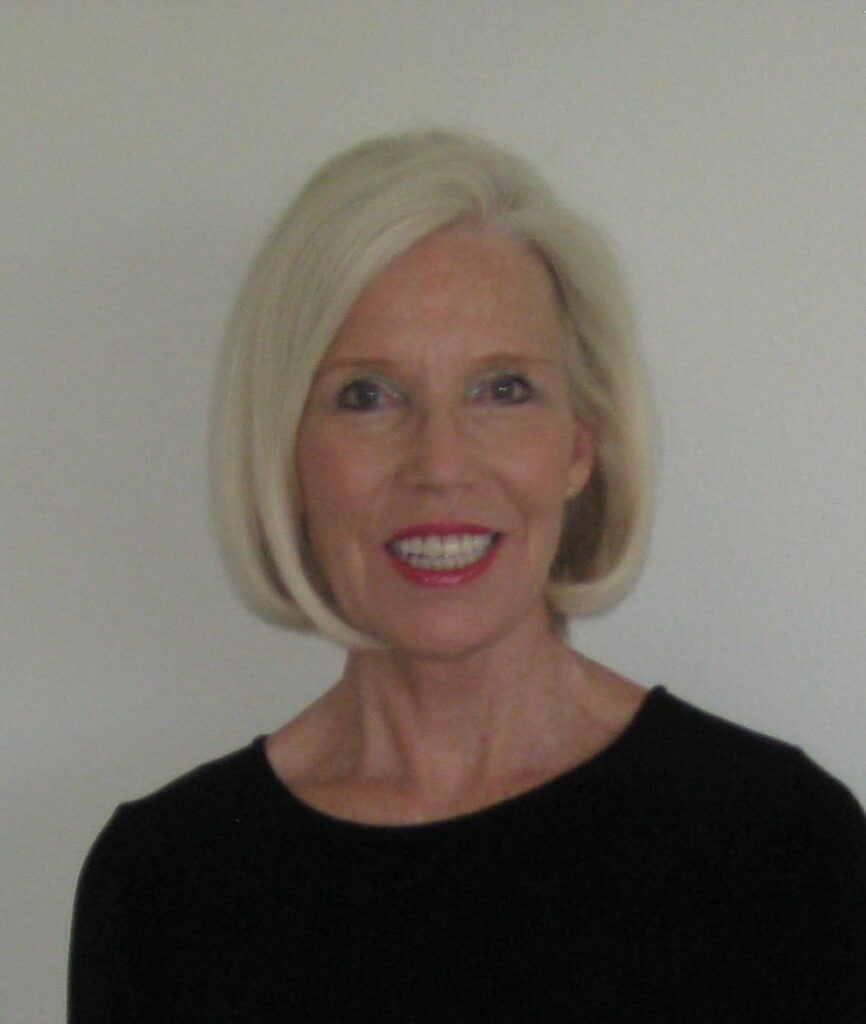Life is unpredictable. It tosses unexpected challenges our way — from personal setbacks to global crises — and, at times, it can feel like our ability to weather the storm is the only thing between us and chaos. This is where resilience comes in.
What does it mean to be resilient?
Resilience is the ability to adapt and bounce back from difficult situations. It’s about being able to handle stress, overcome obstacles, and persevere in the face of adversity. Resilient people are not immune to life’s challenges, but they have learned how to respond effectively when faced with them.
Each person has their own unique set of experiences and coping mechanisms that contribute to their overall resilience. If you’re ready to enhance your ability to bounce back stronger, read on to discover how resilience can become your greatest asset.
1. Cultivate a Strong Sense of Purpose

Self-reflection is the first step towards building resilience. By knowing your ‘why’, you fortify yourself with a compass that can guide you through any storm. This sense of purpose can come from your personal values, a career path, a cause you believe in, or the well-being of loved ones.
It’s important to regularly reconnect with your purpose, especially when facing challenges. This grounding can provide clarity, determination, and the motivation needed to persevere. Taking the time to discover, or rediscover, what truly drives you will form the bedrock upon which your resilience can grow.
2. Nurture a Strong Support Network
No person is an island. We are social creatures, and our connections with others are vital to our well-being. Building and maintaining a strong support network is a crucial strategy for resilience. Surrounding yourself with supportive and trustworthy individuals can offer guidance, encouragement, and a listening ear when needed.
It’s also important to be a part of someone else’s support system. Being there for others can provide a sense of belonging, purpose, and an increased ability to perspective-take, all of which contribute to personal resiliency.
3. Develop a Positive Self-Image

Your perception of yourself can significantly impact your resilience. Cultivating a positive self-image involves acknowledging your strengths, accepting your limitations, and being kind to yourself, especially in the face of failure.
Practicing self-compassion and self-care are important components of this strategy. Make time for activities that nourish your body, mind, and soul. Engage in self-care routines, such as regular exercise, meditation, or hobbies you enjoy, to boost your mood and reinforce your sense of self-worth.
4. Master the Art of Adapting
Resilience isn’t about being impervious to change; it’s about being adaptable. When life throws you a curveball, the ability to adjust your course and find new ways of tackling challenges is paramount. Developing a flexible mindset allows you to view setbacks as opportunities for growth.
To become more adaptable, practice letting go of the need to control every outcome. Instead, focus on being open to new possibilities and ready to adjust your plans as the situation requires. This quality will not only strengthen your resilience but also enhance your overall well-being.
5. Maintain a Solution-Focused Outlook

A key aspect of resilient thinking is maintaining a focus on solutions rather than on problems. This doesn’t mean ignoring difficulties; it means approaching them with a strategic and positive mindset.
When facing a challenge, take the time to assess the situation and identify actionable steps you can take to address it. This practical approach can help you feel more in control and less overwhelmed, and it can also lead to more successful problem-solving.
6. Reframe Your Narrative Through Acceptance
The stories we tell ourselves about our lives shape our experiences. Resilient individuals are adept at reframing their narratives, particularly through the lens of acceptance. This doesn’t mean resigning yourself to difficult circumstances; rather, it’s about acknowledging the reality of the situation and finding peace within it.
Practicing acceptance allows you to conserve emotional energy that might be wasted on denial or resistance. Instead, you can direct that energy toward constructive efforts, such as finding meaning in your experiences or making positive changes in your life.
7. Cultivate Emotional Awareness and Regulation
Understanding your emotions and learning how to manage them is a fundamental part of resilience. Emotional regulation does not mean suppressing your feelings; it means recognizing them and finding healthy ways to express and manage them.
Techniques such as deep breathing exercises, mindfulness, and seeking therapy can be invaluable tools in this process. When you can regulate your emotions, you gain the clarity and stability necessary to tackle life’s challenges with a composed and intentional approach.
8. Sustain an Optimistic Outlook with Realistic Expectations

Finally, sustaining an optimistic outlook with realistic expectations is crucial in developing resilience. While it’s important to maintain hope and a positive view of the future, it’s equally important to understand that setbacks are a natural part of life.
Optimism isn’t about expecting everything to go perfectly; it’s about believing that you have the strength and the resources to handle whatever comes your way. This balance between hope and pragmatism is a recipe for resilience that can sustain you through the toughest of times.
The road to resilience is a personal one, but it is a road that each of us can travel, and one that can make all the difference in the world. So don’t be afraid to take the first step towards building a more resilient you.
Written by: Patricia K. Flanigan, Smart Strategies for Successful Living
 Patricia K. Flanigan is a vibrant and passionate advocate for quality living and aging. She has dedicated over 28 years to working in higher education, but now enjoys a more peaceful lifestyle as the founding director and writer of Smart Strategies for Successful Living. In her free-time, she cherishes spending quality time with her family and friends, as well as getting out into nature with her beloved Samoyed dog, Wylie. Patricia loves helping others age gracefully and shares her wisdom through her content to promote the ultimate success in living.
Patricia K. Flanigan is a vibrant and passionate advocate for quality living and aging. She has dedicated over 28 years to working in higher education, but now enjoys a more peaceful lifestyle as the founding director and writer of Smart Strategies for Successful Living. In her free-time, she cherishes spending quality time with her family and friends, as well as getting out into nature with her beloved Samoyed dog, Wylie. Patricia loves helping others age gracefully and shares her wisdom through her content to promote the ultimate success in living.
For your link to Smart Strategies for Successful Living, CLICK HERE.
Discover More…
- Unlock the secret to a happier, healthier lifestyle by delving into additional captivating articles on our website at: Smart Strategies for Successful Living.
- Enjoy our uplifting and inspiring videos on our YouTube channel at: CLICK HERE.
- For more resources on Lifestyle: CLICK HERE.
Check Out Our Captivating Videos
![]() About Smart Strategies for Successful Living: CLICK HERE.
About Smart Strategies for Successful Living: CLICK HERE.
![]() Your Journey of Self-Discovery: CLICK HERE.
Your Journey of Self-Discovery: CLICK HERE.
![]() Our YouTube Channel: CLICK HERE.
Our YouTube Channel: CLICK HERE.
Related Videos Worth Watching
![]() The Essentials of Successful Thinking: CLICK HERE.
The Essentials of Successful Thinking: CLICK HERE.
![]() Smart Ways to Sharpen Your People Skills: CLICK HERE.
Smart Ways to Sharpen Your People Skills: CLICK HERE.
![]() The Winning Secret to Successful Relationships: CLICK HERE.
The Winning Secret to Successful Relationships: CLICK HERE.
![]() Cultivating Your Rhythm in Life for Balance and Harmony: CLICK HERE.
Cultivating Your Rhythm in Life for Balance and Harmony: CLICK HERE.
![]() Cultivate Your Success: Master the Art of Confidence: CLICK HERE.
Cultivate Your Success: Master the Art of Confidence: CLICK HERE.









